Most of us love animals, but not everyone’s cut out to manage one.
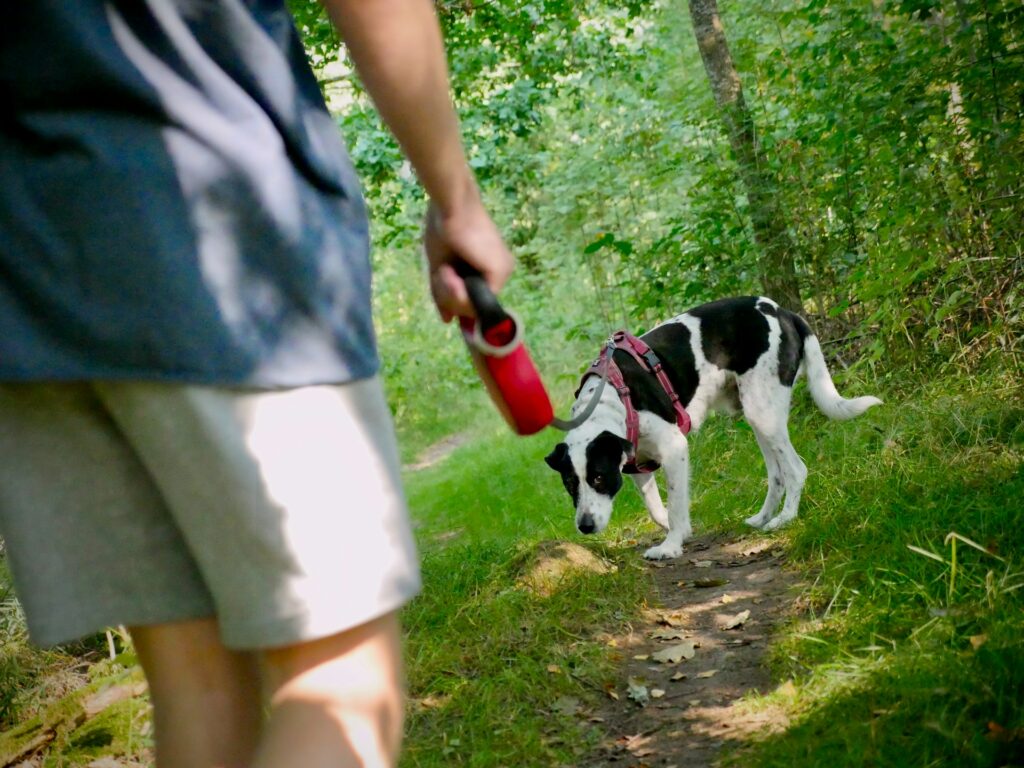
Whether it’s a barking dog, a jumping cat, or a parrot with no sense of boundaries, some people clearly missed the part about being the responsible one in the relationship. If you’ve ever heard someone blurt out one of these 20 phrases, chances are, they’ve completely lost control of their pet (and maybe never had it to begin with).
1. “He’s just being friendly!”

This one usually gets shouted as a large dog barrels towards someone at top speed, ignoring every “come back here” from its owner. Whether it’s barking, jumping, or pinning strangers down, it’s often excused under the vague label of friendliness.
The truth is, not everyone enjoys being greeted by a surprise nose to the groin or muddy paws on their coat. Being friendly isn’t the issue—it’s the lack of control that makes everyone nervous. And no, shouting it louder doesn’t help.
2. “He’s never done that before!”
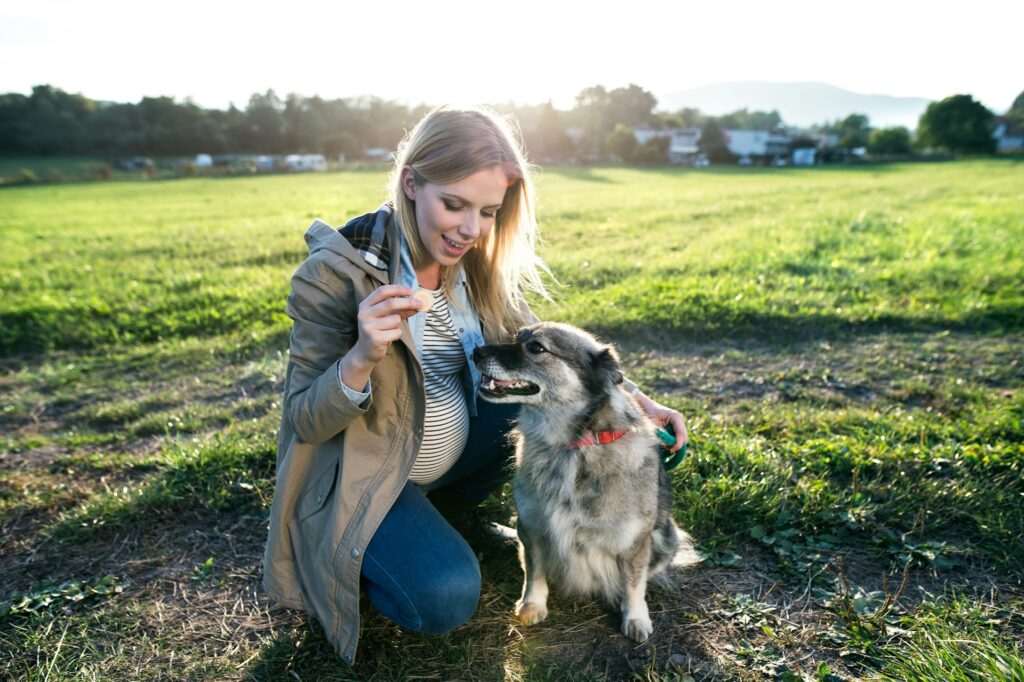
This line typically comes after the pet has chewed through a bag, knocked over a toddler, or tried to fight a passing pigeon. And while it might technically be true, it doesn’t really help the person on the receiving end of the chaos. In reality, it’s often a sign that the owner hasn’t been paying close enough attention to warning signs or triggers. It’s not that the pet is unpredictable—it’s that no one’s been putting any effort into predicting them.
3. “She’s just got a lot of energy.”

Translation: this pet has never been properly walked, trained, or mentally stimulated. Instead of addressing the underlying issue, the owner’s just hoping the world will accept unmanageable behaviour as a personality quirk. High-energy pets need structure, not excuses. When left to their own devices, they’re more likely to act out, destroy furniture, or turn into a furry projectile. Blaming it on “energy” is just dodging responsibility for unmet needs.
4. “He’s not usually like this.”
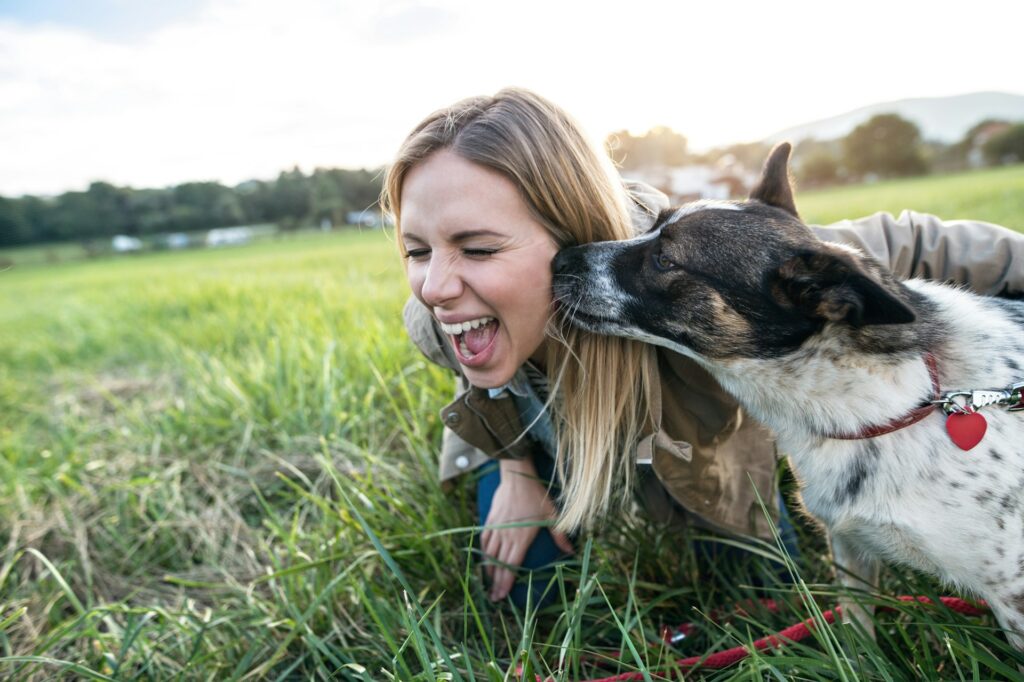
This phrase usually comes with a nervous laugh and a dog actively losing its mind at a bus stop, squirrel, or child on a scooter. It’s supposed to reassure people, but it rarely lands that way. Even if it’s true, the issue is happening right now. Whether it’s unfamiliar surroundings, lack of sleep, or poor training, what you see in the moment matters more than the version of the pet the owner swears exists at home.
5. “She just gets excited around new people.”

That’s not always a problem—until “excited” means jumping, barking, licking faces, or knocking drinks off tables. Some pets definitely feel overwhelmed or overstimulated by new people, and that’s totally normal. However, it still needs managing. Letting a pet run wild just because it’s happy is like letting a toddler juggle knives because they’re enthusiastic. Excitement isn’t a free pass for boundary-breaking, and owners need to read the room (and their pet).
6. “He’ll calm down in a minute.”

This line tends to get thrown out during the fifth or sixth minute of chaos. By this point, the pet is still zooming around or barking uncontrollably, and “a minute” has turned into “somewhere between later and never.” It’s a passive hope rather than a real plan. If the owner has no tools to calm the pet down, the situation won’t magically resolve itself. Waiting it out doesn’t count as control—it just puts the awkwardness onto everyone else.
7. “She’s still learning!”
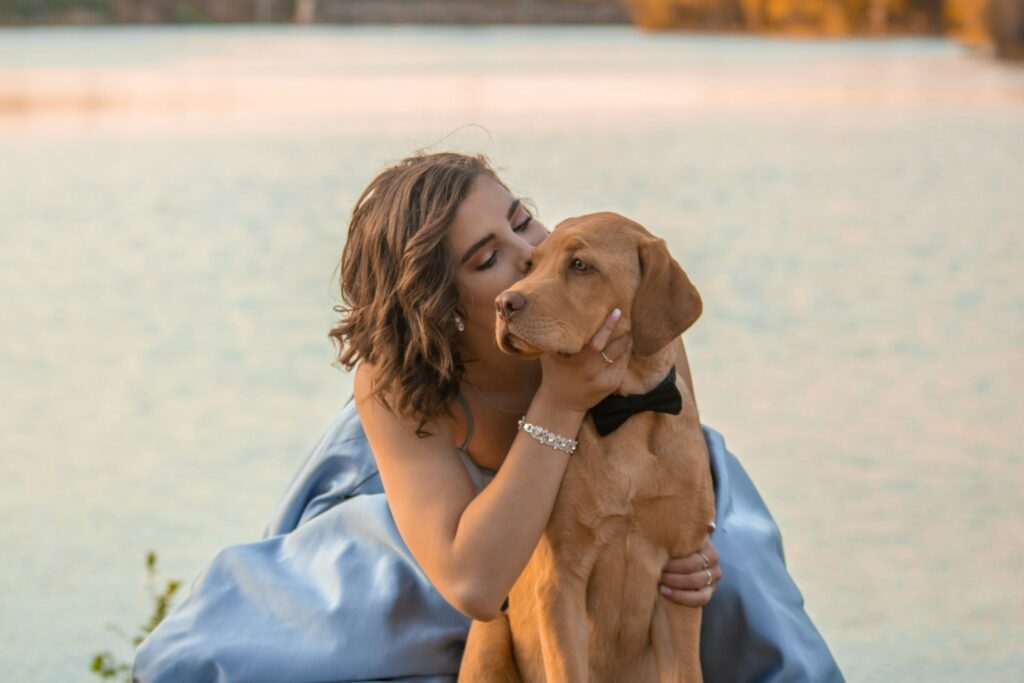
Fair enough—if the pet is young, new, or genuinely in training, this can be valid. But often, this gets used as a cover for years of avoided training. At a certain point, “still learning” becomes code for “we gave up halfway through.” Training takes effort, patience, and follow-through. Using it as a catch-all excuse when a pet’s older than a toddler and still pulling people over or refusing commands doesn’t really fly. Learning should come with progress, not just excuses.
8. “I think he just doesn’t like you.”

This line comes out when a pet growls, scratches, or behaves aggressively around a certain person. Instead of taking it seriously, the owner acts like their animal is a picky judge of character. In reality, it’s a huge red flag. Pets can absolutely have preferences, but aggression shouldn’t be brushed off or joked about. If a pet is uncomfortable or reactive, it needs support and guidance, not an owner shrugging and shifting blame to the other person.
9. “She’s actually really sweet once you get to know her.”

This is said while the pet is currently behaving like a small whirlwind, scaring children, or attempting to bite someone’s shoelaces. It’s meant to make people feel better, but it’s hard to focus on a pet’s hidden sweetness when they’re mid-meltdown. Every animal has their good side, but it doesn’t matter much in the moment if the owner can’t manage the not-so-sweet part. People shouldn’t have to get through a gauntlet of chaos just to meet the good version.
10. “He doesn’t usually bark this much.”

This one gets pulled out when a dog has been barking for ten solid minutes and shows no signs of stopping. The owner is usually standing nearby, awkwardly patting their pockets as if a magical off-switch might suddenly appear. Excessive barking often points to anxiety, boredom, or overstimulation. If it’s happening in public, it’s the owner’s job to step in, not just say something that makes it sound like this is all very unusual when it’s clearly not.
11. “She hates the lead.”

Some pets genuinely struggle with leads, especially if they weren’t introduced to them properly. But saying this while a dog is dragging someone across a field like a kite in a hurricane doesn’t really excuse the lack of control. It’s not about whether the pet likes it—it’s about safety and training. If a dog can’t be managed on a lead, they’re a risk to themselves and everyone else. Disliking a lead isn’t a personality trait. It’s something to work through.
12. “He just doesn’t like other dogs.”
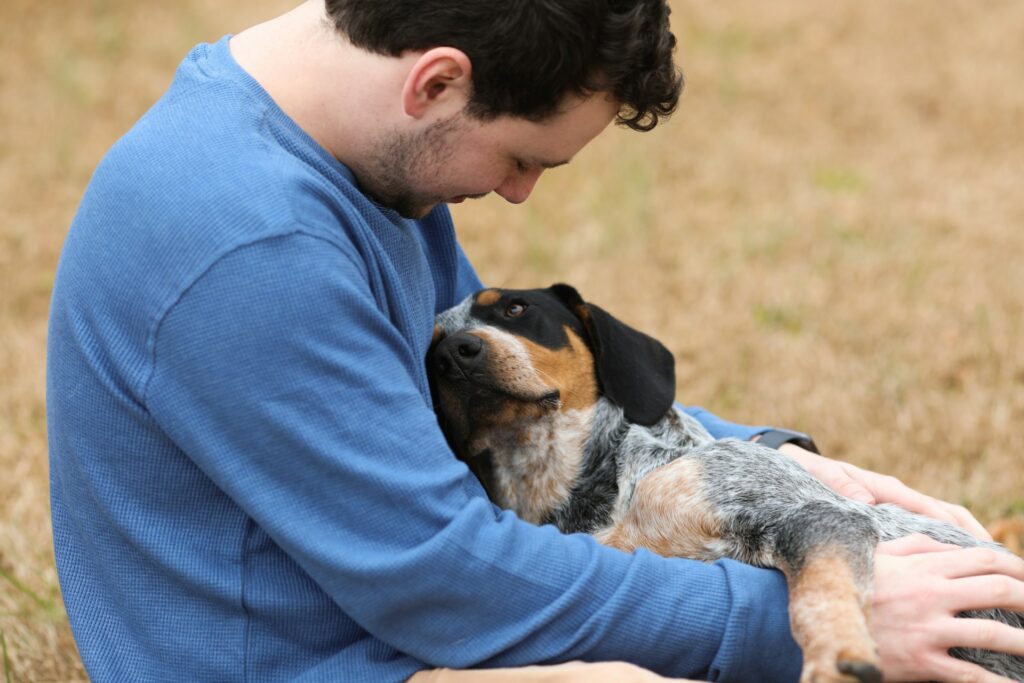
This phrase often comes out right before a lunge, a bark-fest, or a scuffle. Owners say it like it’s a quirk, not a serious behavioural issue that needs attention. It’s not uncommon, but it’s also not something to ignore. If a dog is reactive to others, that means the owner needs to be extra alert, manage distance, and work on desensitisation. Just stating it and doing nothing about it doesn’t count as a plan—it’s just a warning label with no safety protocol.
13. “She’s never bitten anyone… yet.”
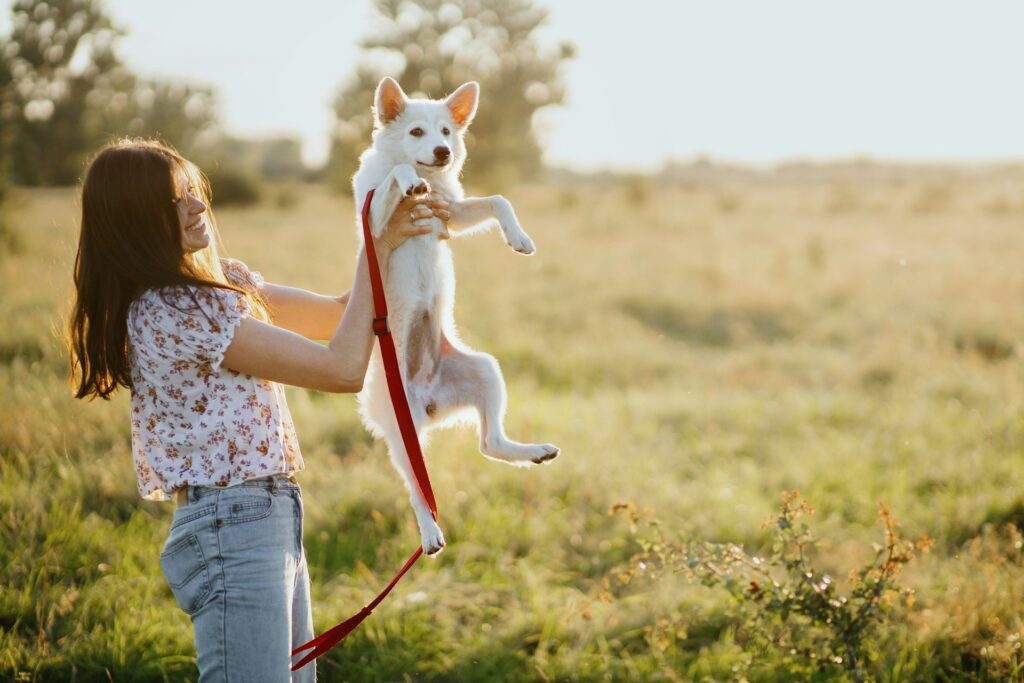
This phrase is often said with a laugh, like it’s supposed to be funny. Spoiler: it’s not. If you’re saying “yet,” you know there’s a chance it might happen, and that should be setting off every alarm bell, not prompting a chuckle. Joking about potential bites is a sign that the owner knows the behaviour could escalate but isn’t taking it seriously. That’s a dangerous combo, especially around kids, other animals, or anyone who doesn’t know how to read warning signs.
14. “He just wants to play!”
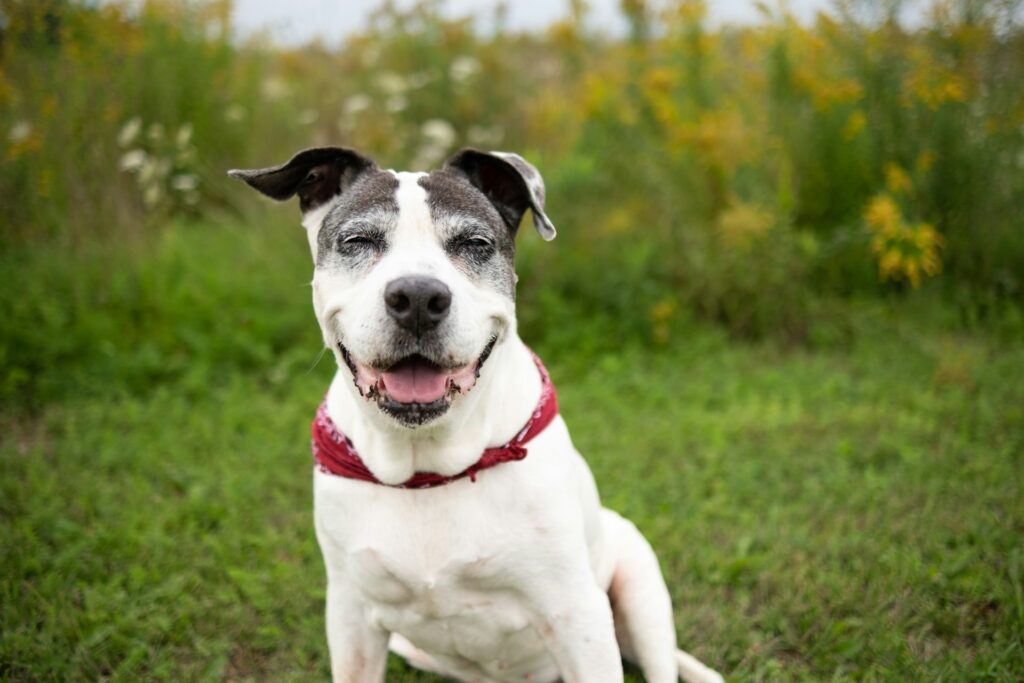
This is usually shouted as a dog barrels into another one, growling, barking, and ignoring every social cue the other pet is giving off. Play isn’t one-sided. If the other dog isn’t into it, it’s not a playdate—it’s harassment. Owners need to learn how to recognise the difference between playful energy and rude or overwhelming behaviour. If it’s not mutual, it’s not cute. It’s stressful—for both the dogs and the people trying to untangle the mess.
15. “She knows she’s done something wrong.”

This gets said while a dog is doing the classic guilty-face act—ears down, tail low, eyes wide. But here’s the thing: that’s not guilt. It’s stress from being scolded or sensing tension. Dogs don’t feel guilt the same way we do. Assuming a pet knows better is a classic way to dodge accountability. If they keep repeating the same behaviour, they don’t understand what they did was wrong—or no one’s actually taught them differently. “She knows” is often just wishful thinking.
16. “He’s still getting used to people.”

This can be totally fair if the pet is recently adopted or has a history of trauma. But it also sometimes gets trotted out as a default response, even when the pet’s had years to adjust and is still behaving unpredictably around strangers.
Adjustment takes time, sure, but it also takes work. Ongoing reactivity, fear, or territorial behaviour around people needs consistent training, not just a permanent get-out-of-jail-free phrase. Otherwise, it stops being about adjustment and starts becoming the norm.
17. “She’s not usually this bad.”

This is often said mid-tantrum, with the owner trying to pretend it’s an outlier. In reality, the phrase comes out so often that it becomes a pattern. It’s rarely a one-off if the behaviour happens every time the pet is in public. It’s more accurate to say, “She struggles in these environments, and I haven’t worked through it yet.” However, that doesn’t sound nearly as breezy when you’re trying to act like it’s all fine while your dog is howling at a bike rack.
18. “He just doesn’t like being told what to do.”
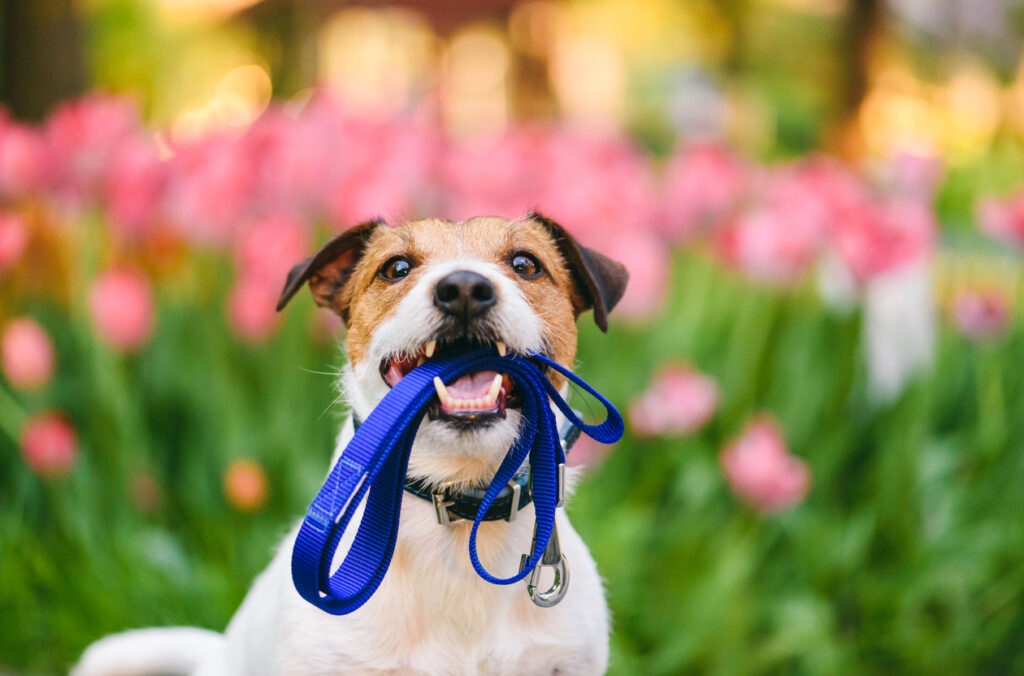
This one makes the pet sound like a little rebel with a complex personality. But really, it just means the owner hasn’t established boundaries. All animals need some level of guidance, even the stubborn ones. Letting a pet run wild and then acting like they’re a misunderstood genius doesn’t help anyone. It’s not about forcing them to obey—it’s about creating a safe, respectful relationship that works both ways. Otherwise, it’s just chaos in a harness.
19. “She’s just being protective.”
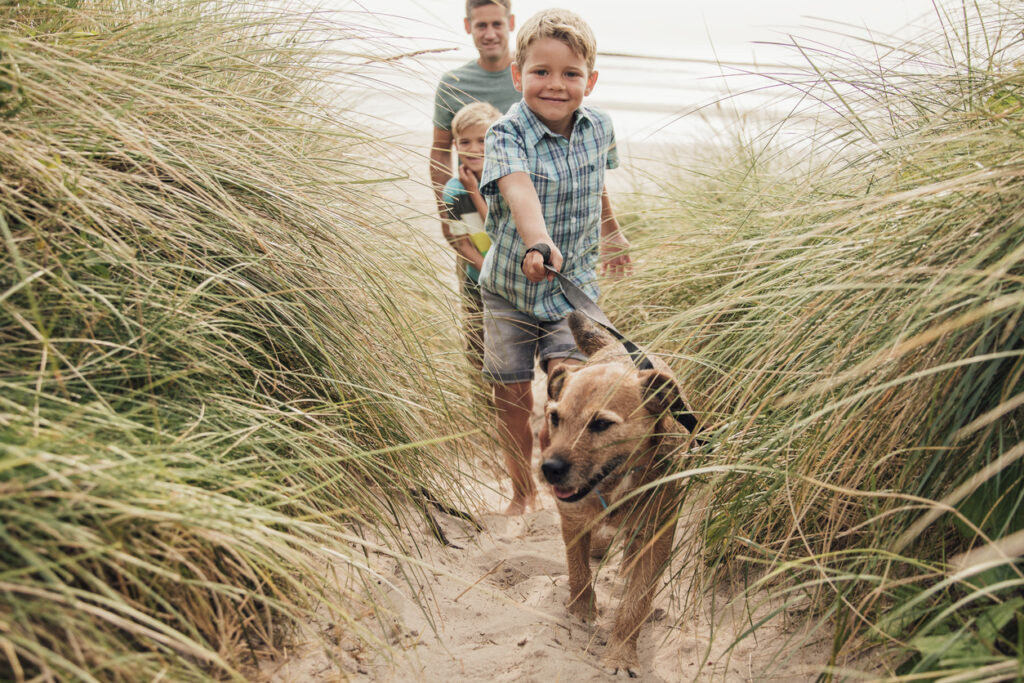
This is often said when a dog is barking at strangers, lunging near doors, or growling when people come near its owner. While protectiveness is a real instinct, using it to excuse aggressive behaviour is risky and misleading. What’s often framed as loyalty is usually anxiety or lack of trust in the owner’s ability to handle the situation. A well-trained, secure pet doesn’t need to go into guard mode every time someone walks past the front gate.
20. “He doesn’t need training—he’s just misunderstood.”
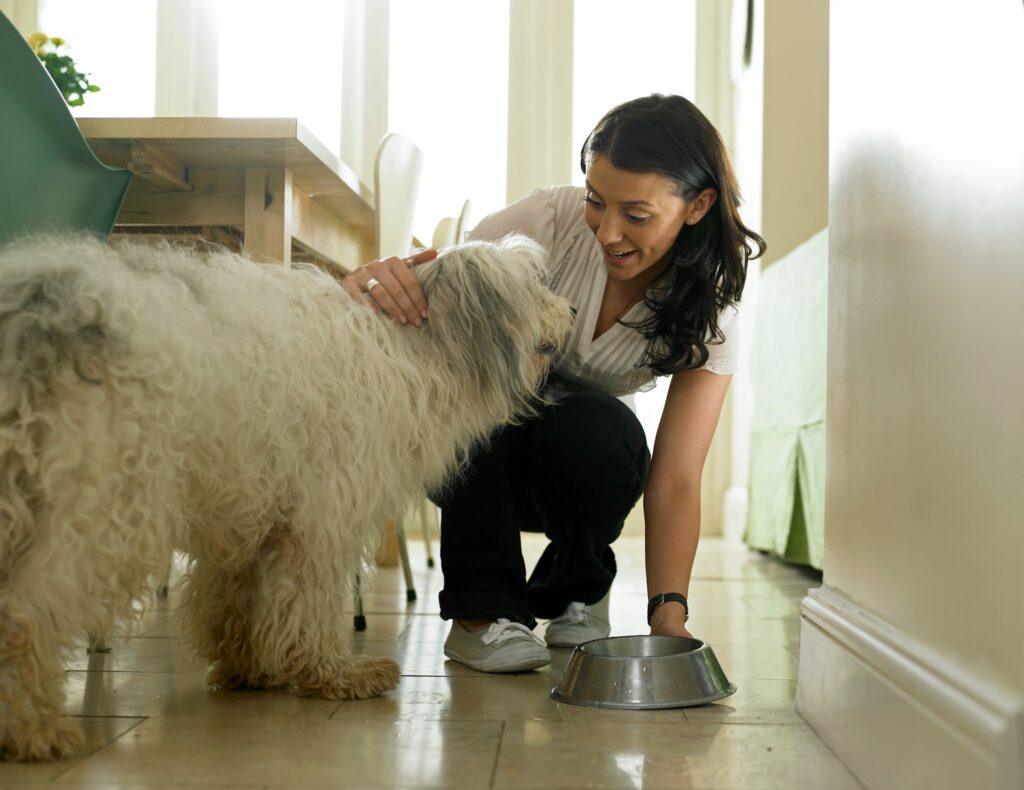
This phrase is the final boss of pet-owner denial. It’s a nice sentiment, but one that sidesteps responsibility entirely. All pets deserve understanding, yes, but they also need structure, patience, and consistent reinforcement to thrive. Being “misunderstood” doesn’t cancel out poor behaviour, especially when it puts others at risk or causes constant stress. If anything, a misunderstood pet deserves more support—not a free pass and zero effort.